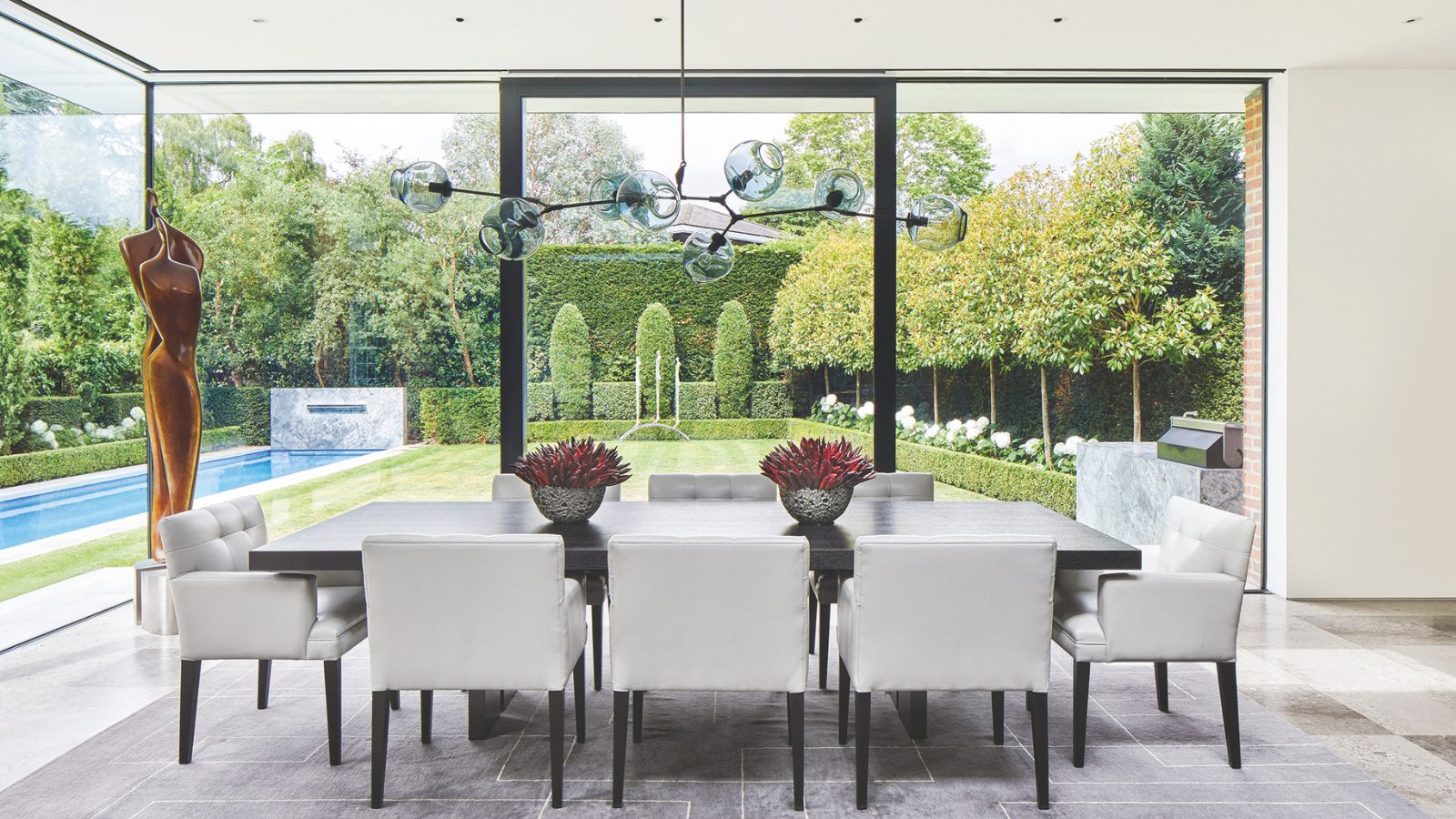
Minimalism might be something you're striving for in your space, but it's not just your home that can feel the benefits.
In fact, there are seven key ways that minimalism resets your brain, too, from quieting the mental noise and reducing stress, to improving sleep quality and curbing emotional spending.
Here, professional organizers share their thoughts on how embracing minimalism can change your mindset for the better, so long as you avoid any minimalist decluttering mistakes.
7 ways minimalism resets your brain
1. It reduces stress
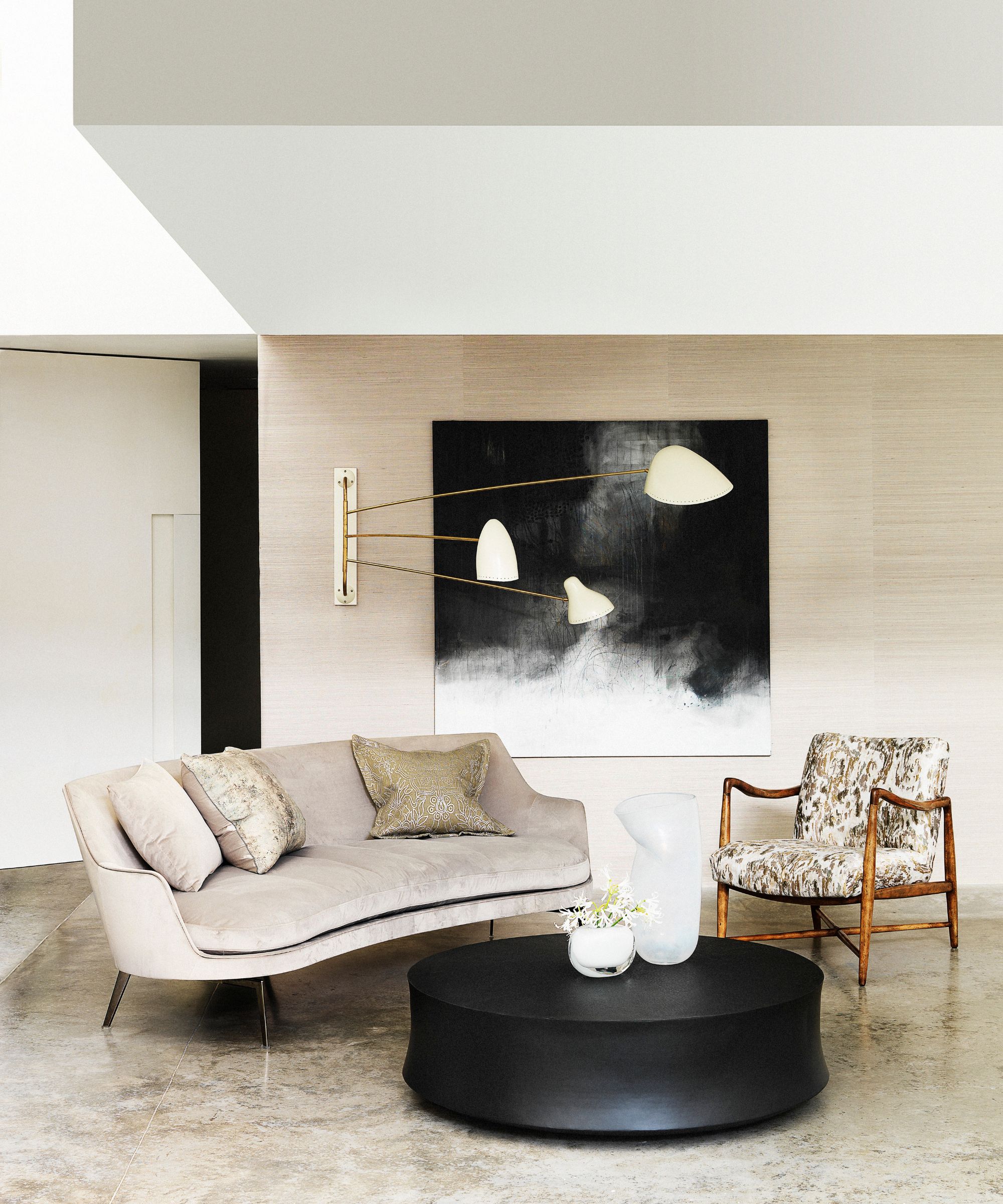
One of the main benefits of a tidy home that embraces minimalism is that it reduces stress and quiets the mental noise. This is particularly important as there are a number of ways your home could be increasing your stress levels.
Tracy McCubbin, professional organizer, founder and CEO of dClutterfly, explains, 'Clutter isn’t just stuff on the floor – it’s a to-do list you never wrote down. Every item you see out of place whispers, “Deal with me. Fix me. Organize me.”
'Your brain is working overtime managing all that visual noise. But when you simplify your space, your nervous system gets the message: you’re safe.
'You can think clearly. You can breathe. You can focus. I always say, “A decluttered home gives your brain room to think again.”'
Di Ter Avest, professional organizer and founder of Diisorganized, agrees, adding that clutter has scientifically been shown to raise cortisol levels, which is the stress hormone. This has been confirmed with WebMD's article How Clutter Can Affect Your Health, and Clutter, Cortisol, and Mental Load, published by Psychology Today.
'When cortisol is high all the time, it messes with your sleep, mood, and even your immune system,' warns Di. 'Minimalism gives you that "ahhh" feeling when you walk into your space.
'Fewer piles, less stuff to clean or organize, and more room to actually rest and reset. Your nervous system will thank you.'
There are plenty of benefits of organizing your home, too, which you can enjoy by organizing your home with your health and well-being in mind.
As Ben Soreff, professional organizer at House to Home Organizing, adds, 'Decluttering your space removes a literal weight from your home, but it also allows you to relax.
'People have anxiety when they are not in control, and clutter is an in-your-face example of not being in control.'
2. It improves sleep
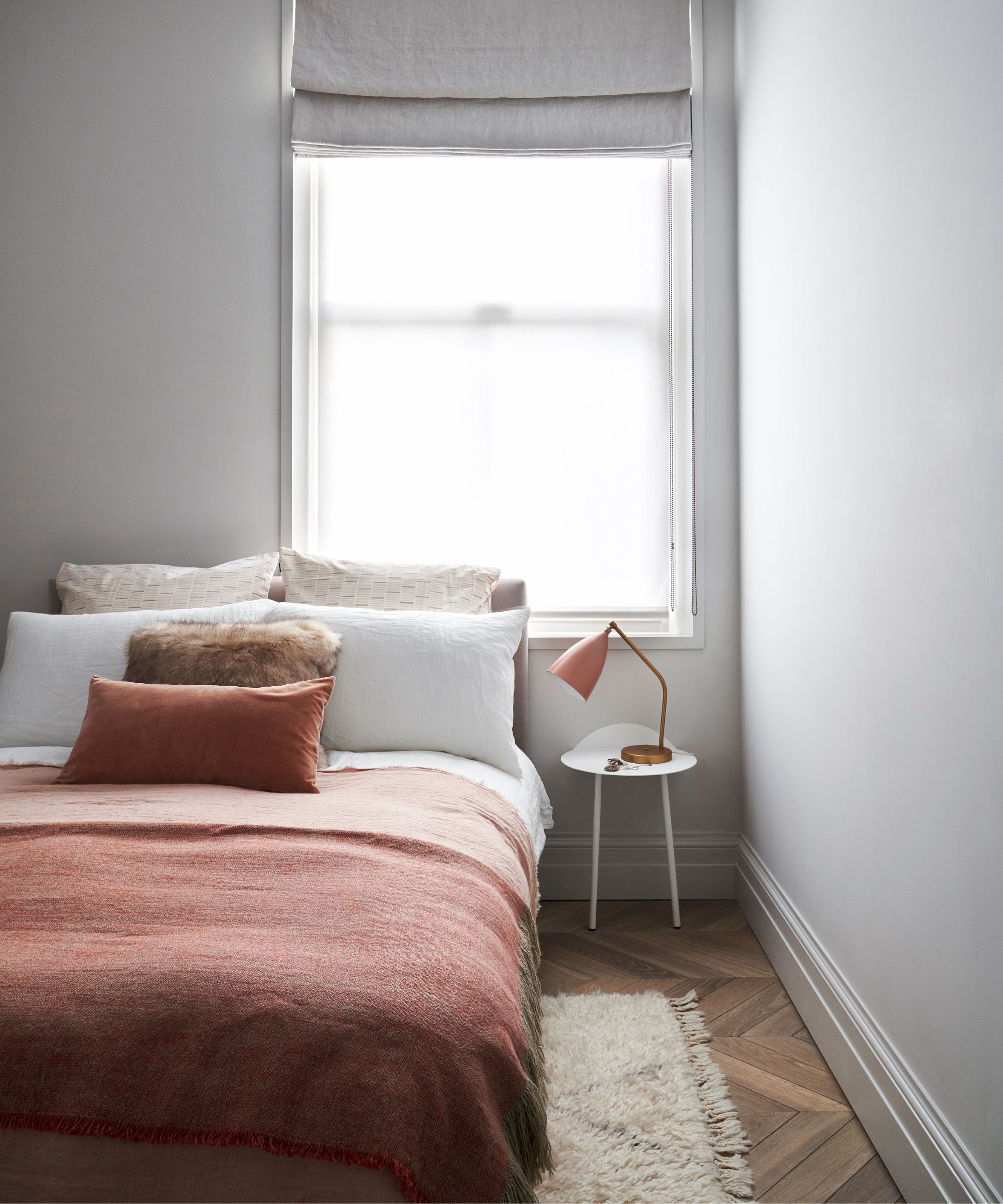
As Di mentioned, minimalism also resets your brain by improving your sleep quality, helping you to sleep better.
'A calm, clutter-free bedroom can do wonders for your sleep,' she says. 'When your room isn't filled with laundry piles, to-do lists, or random stuff you've been meaning to deal with, your brain interprets it as a safe, peaceful place to wind down.
'Minimalism encourages you to make your bedroom a true sleep sanctuary – and better sleep supports everything from mental clarity to emotional regulation.'
If this is something you're struggling with, begin by clearing visual clutter in your bedroom and decluttering your bedroom to improve sleep.
3. It reconnects you to your values
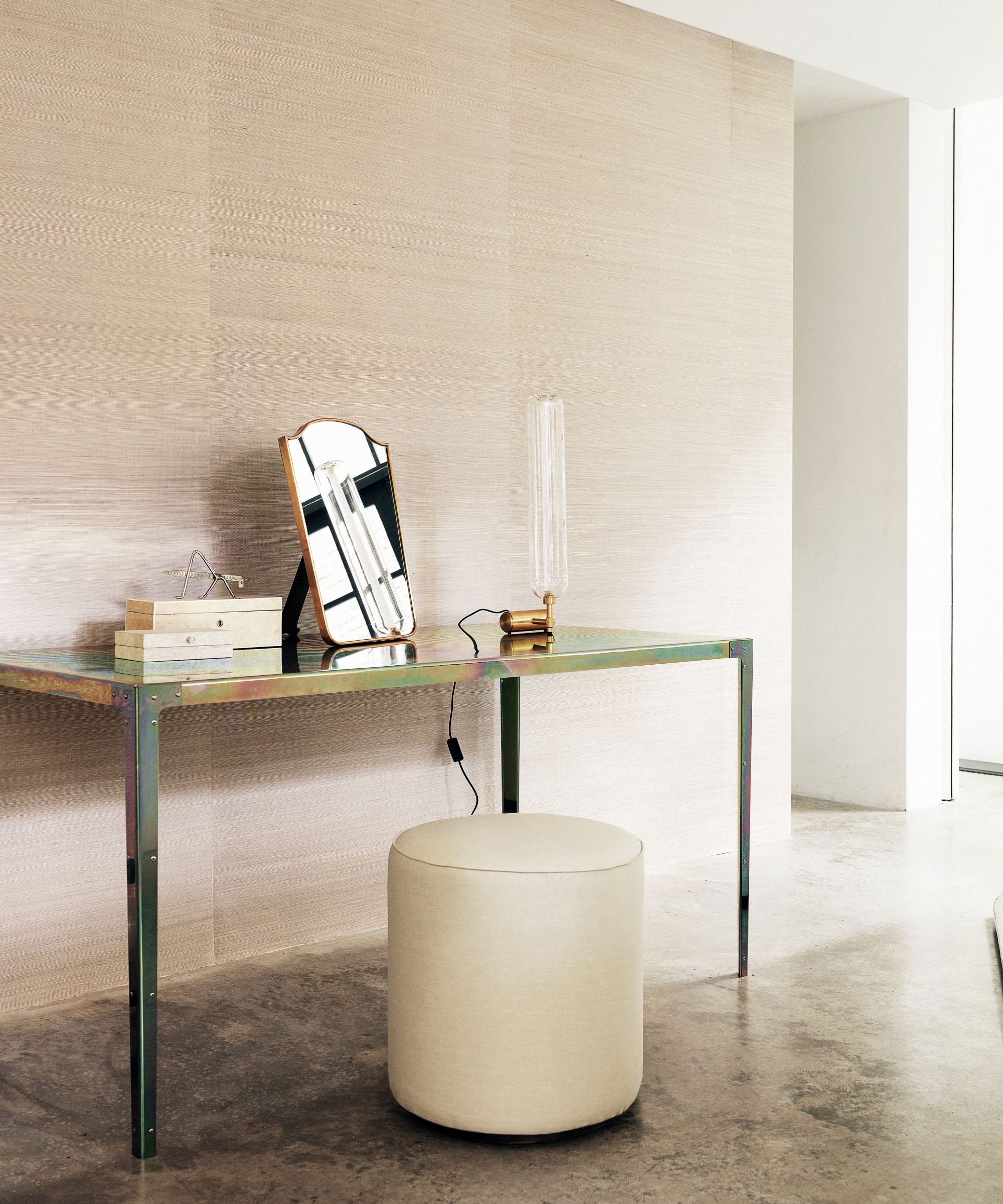
Clutter often comes from a disconnect, says Tracy, between what you buy and what you truly need, and therefore the life you're currently living, and the one you want.
'Minimalism helps you bridge that gap,' she explains. 'When you let go of the excess, you make space for alignment. Suddenly, your home reflects you.
Not your past. Not your guilt. Not your “just in case” stories. And that’s when your brain – and your whole life – resets.'
This clarity, adds Di, gives your brain a powerful reset that leads to decisions that align with who you truly are, 'not who the world says you should be.'
And, luckily, to reduce clutter like a minimalist, you don't have to throw everything away. Instead, shift your mindset.
4. It boosts your energy
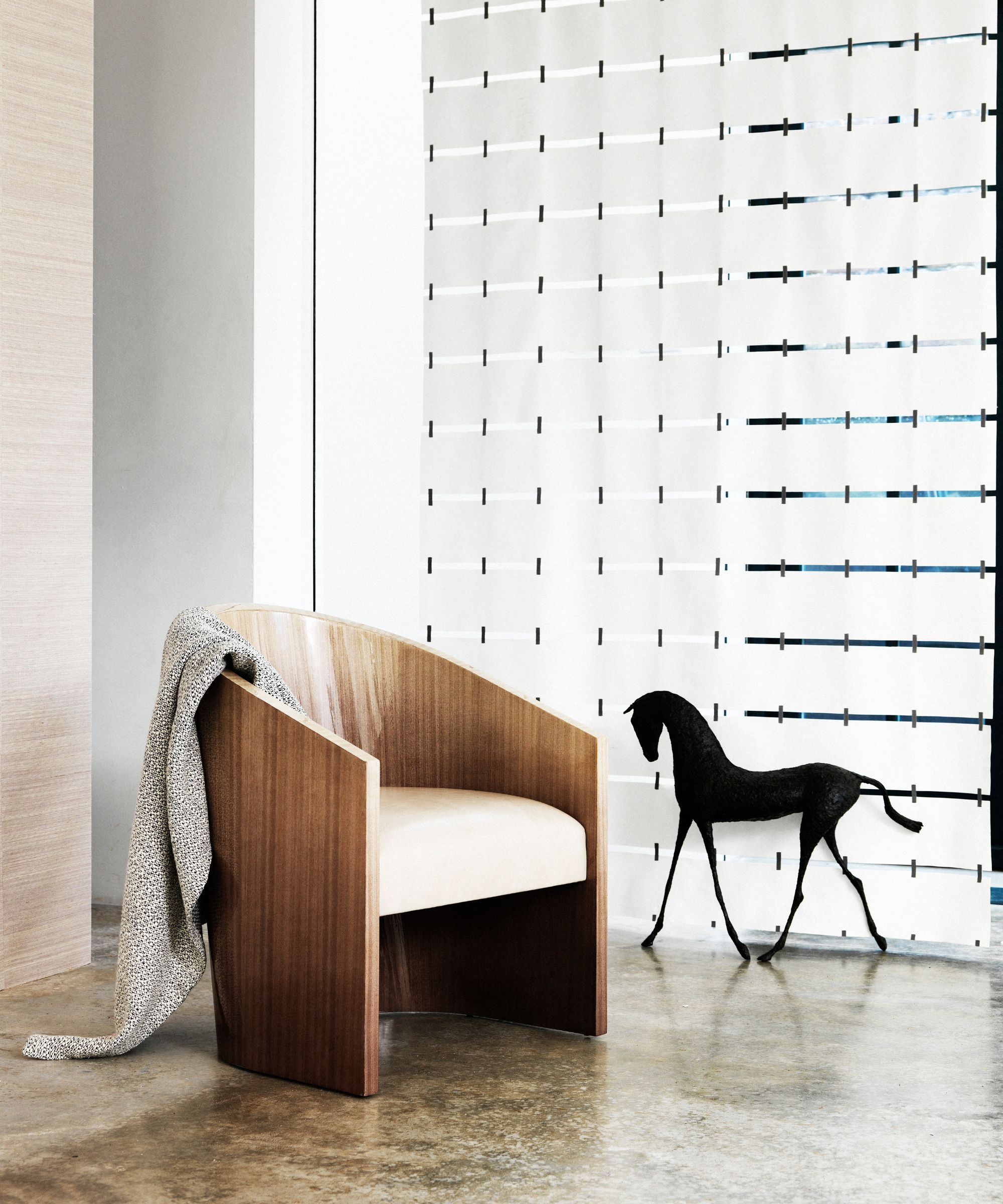
If your home is making you tired, minimalism resets your brain by boosting your energy, says Di.
'Mental and physical clutter both weigh you down,' she advises. 'With fewer things to manage and worry about, your brain can spend less time "spinning" and more time in flow.
'That lightness translates into real energy – you feel more motivated, clear, and even physically lighter. Think of it like closing a bunch of tabs in your brain. Who doesn't love that?'
5. It curbs emotional spending
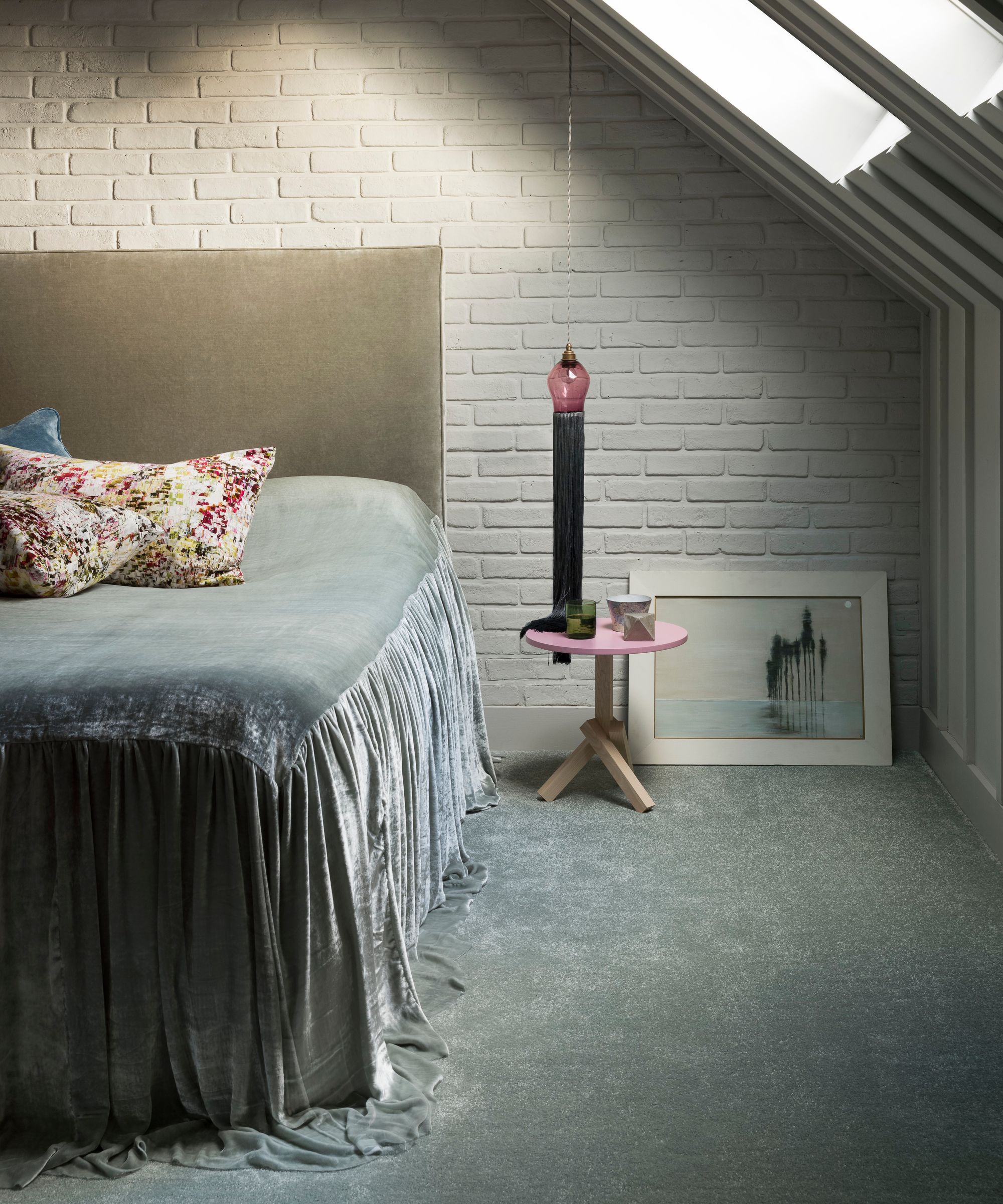
Struggling with spending? 'Living a minimalist lifestyle forces you to move from collecting to a more intentional purchase,' says professional organizer Ben.
'If we are using retail therapy for pleasure, it will result in a lot of items in your home that don't have a good answer when asked, Why am I keeping this? How expensive is it? How hard is it to get again? More isn't better. Better is better.'
This is the main premise of the underconsumption trend.
As Tracy adds, minimalism rewires your reward system for good. 'Let’s talk science for a sec,' she says. 'Every time you shop or scroll or impulse-buy, your brain gets a little dopamine hit.
'But, over time, that hit fades – and the clutter builds. What minimalism does is shift your brain’s reward system away from consumption and toward intention.
'You start finding joy in less, not from deprivation, but from finally feeling in control. That’s where the real high is.'
To make effective changes, keep in mind the things minimalists never buy, so you're not buying them either. For example, duplicates, sale items, and impulse buys are all best avoided.
6. It strengthens habits and routines
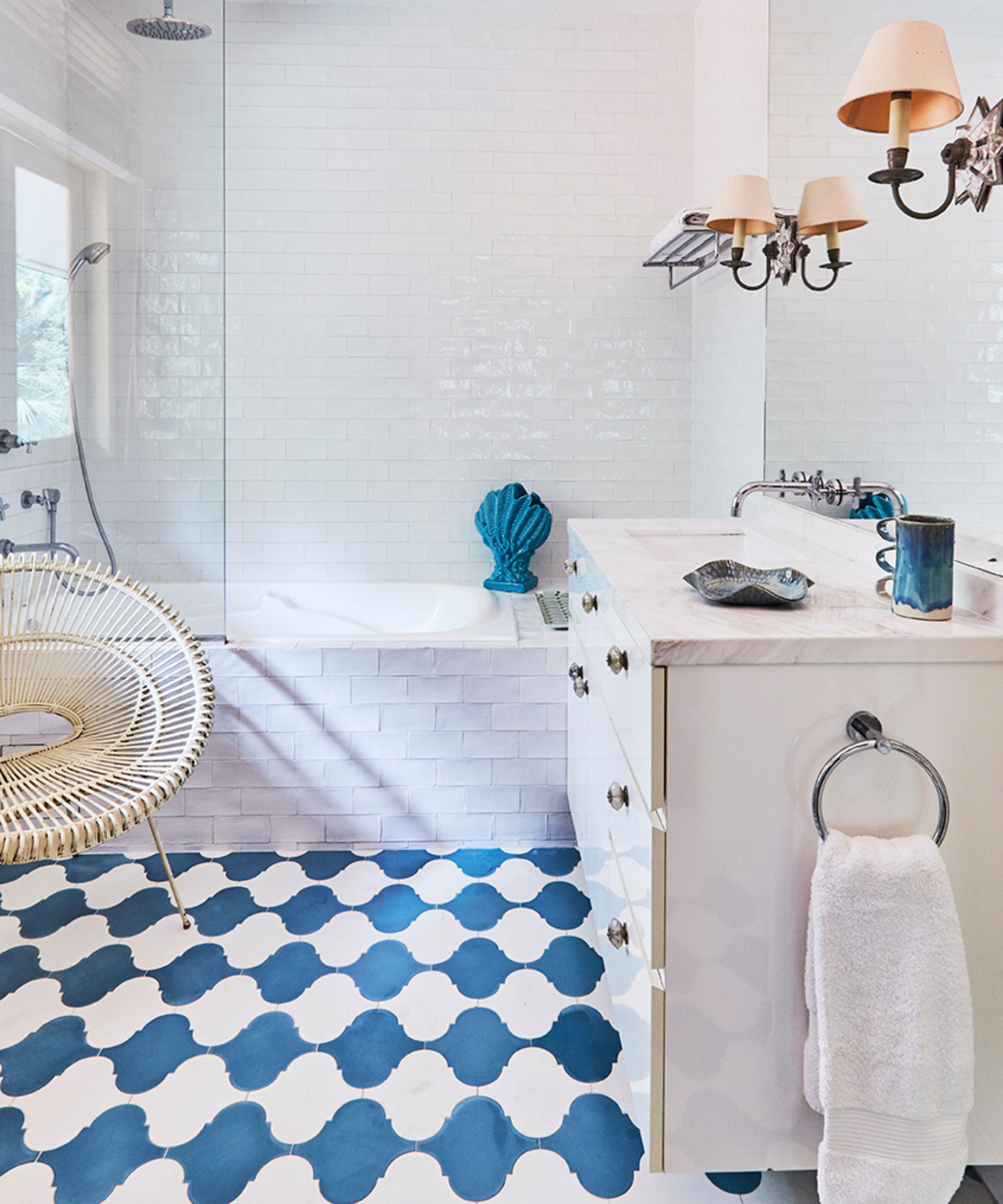
Di continues, 'Minimalism naturally pairs with structure, which our brains love. When everything has a place, and there's less to shuffle around, daily habits become easier to stick to.'
Therefore, whether you're getting ready in the morning, prepping your meals, or getting out the door on time, 'less chaos around you means more calm within you,' she adds.
In turn, this helps routines, be it your organized morning routine, closing shift routine, or achievable cleaning routine, stick.
7. It creates more space for joy
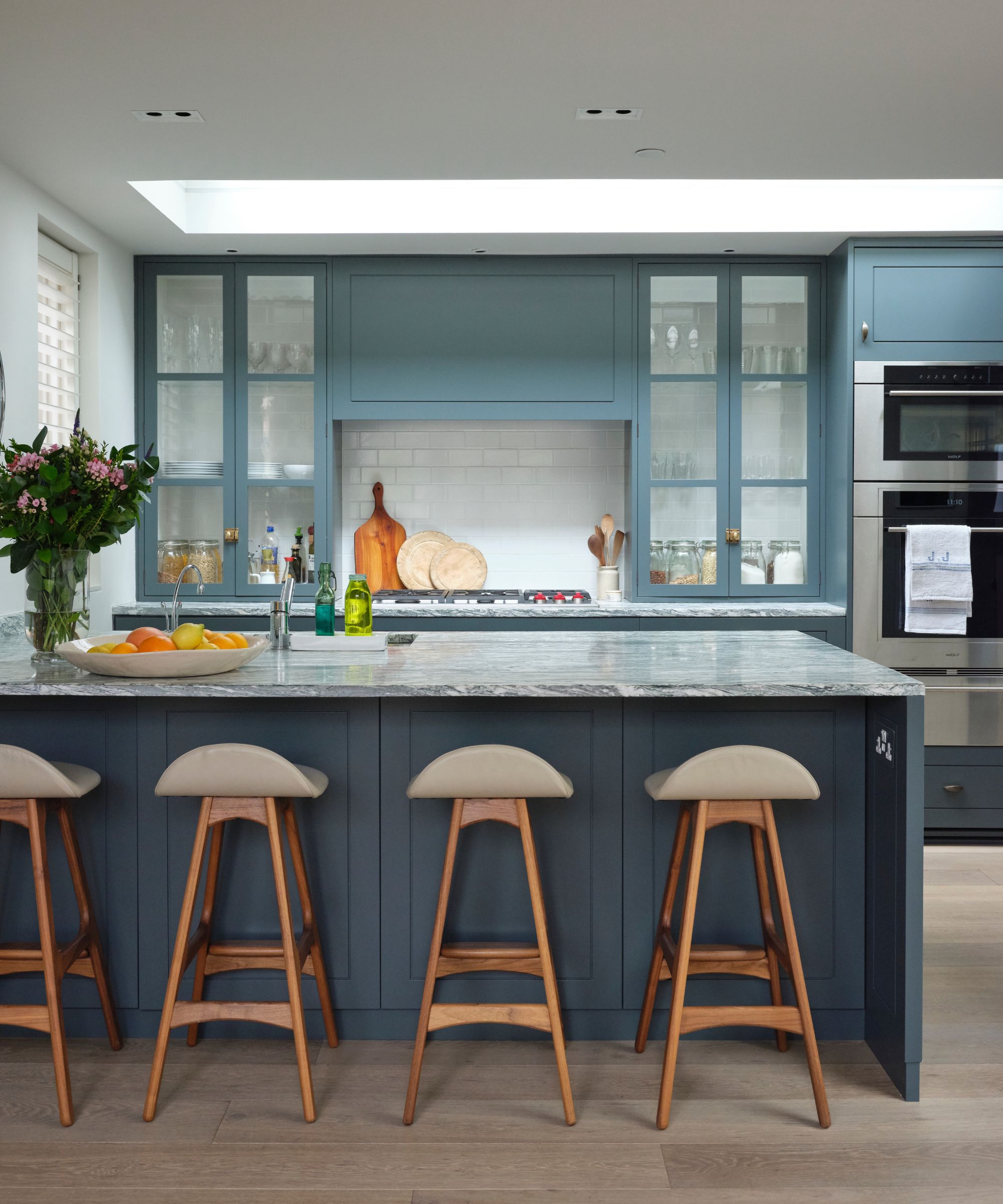
Finally, says Di, 'At the heart of minimalism is this: when you remove what doesn't matter, you make room for what does. Your brain isn't just calmer – it's happier.
'You'll notice yourself laughing more, playing more, even breathing more deeply. And that wave effect touches every area of life – from your relationships to your health to how you show up in the world.'
Personifying your possessions can help you let them go without guilt.
What to shop
All prices were correct at the time of publication.
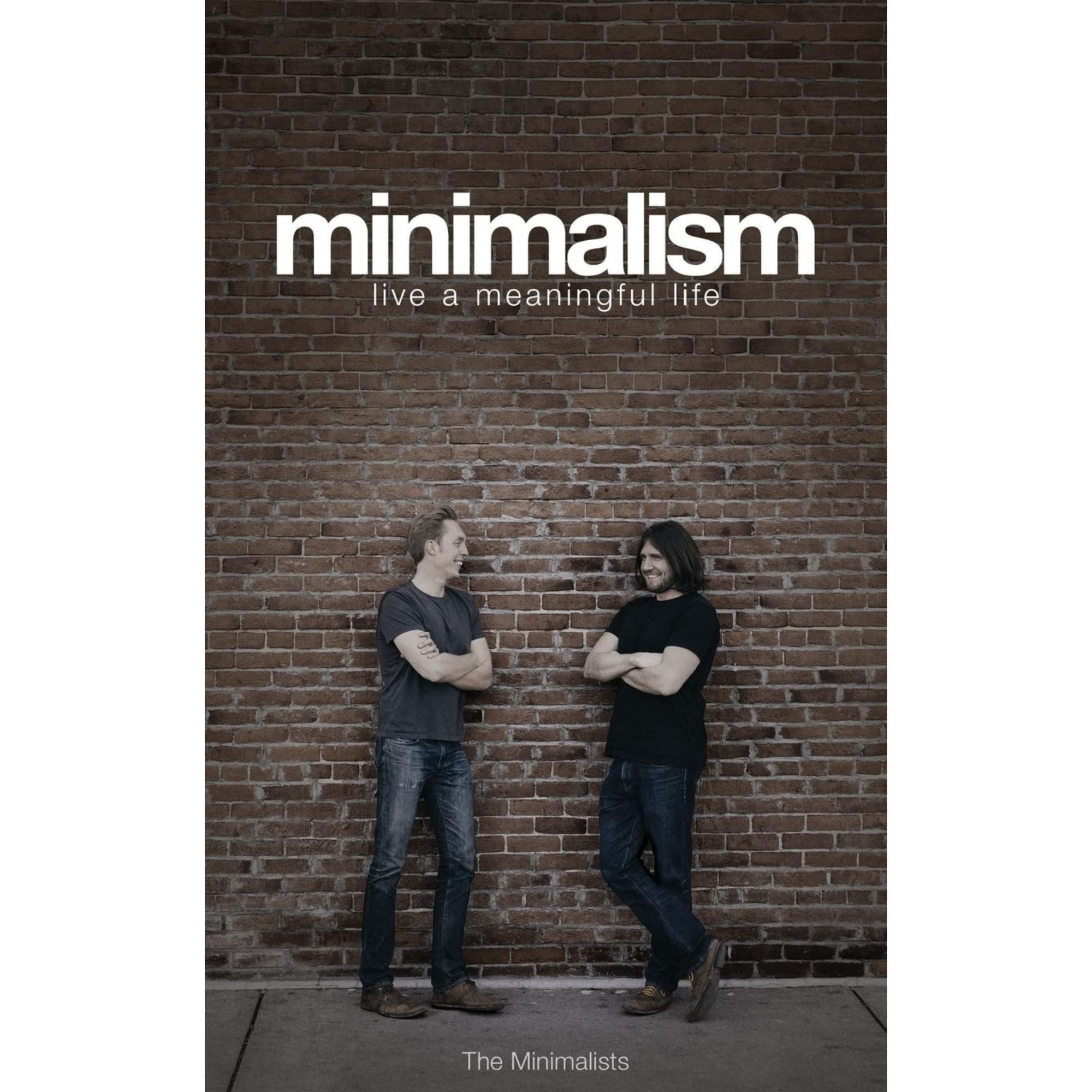
At the age of 30, The Minimalists quit their city jobs and started focusing on what's truly important. Learn from the experts how to let go of things you no longer need, and eliminate your excess materials for good.
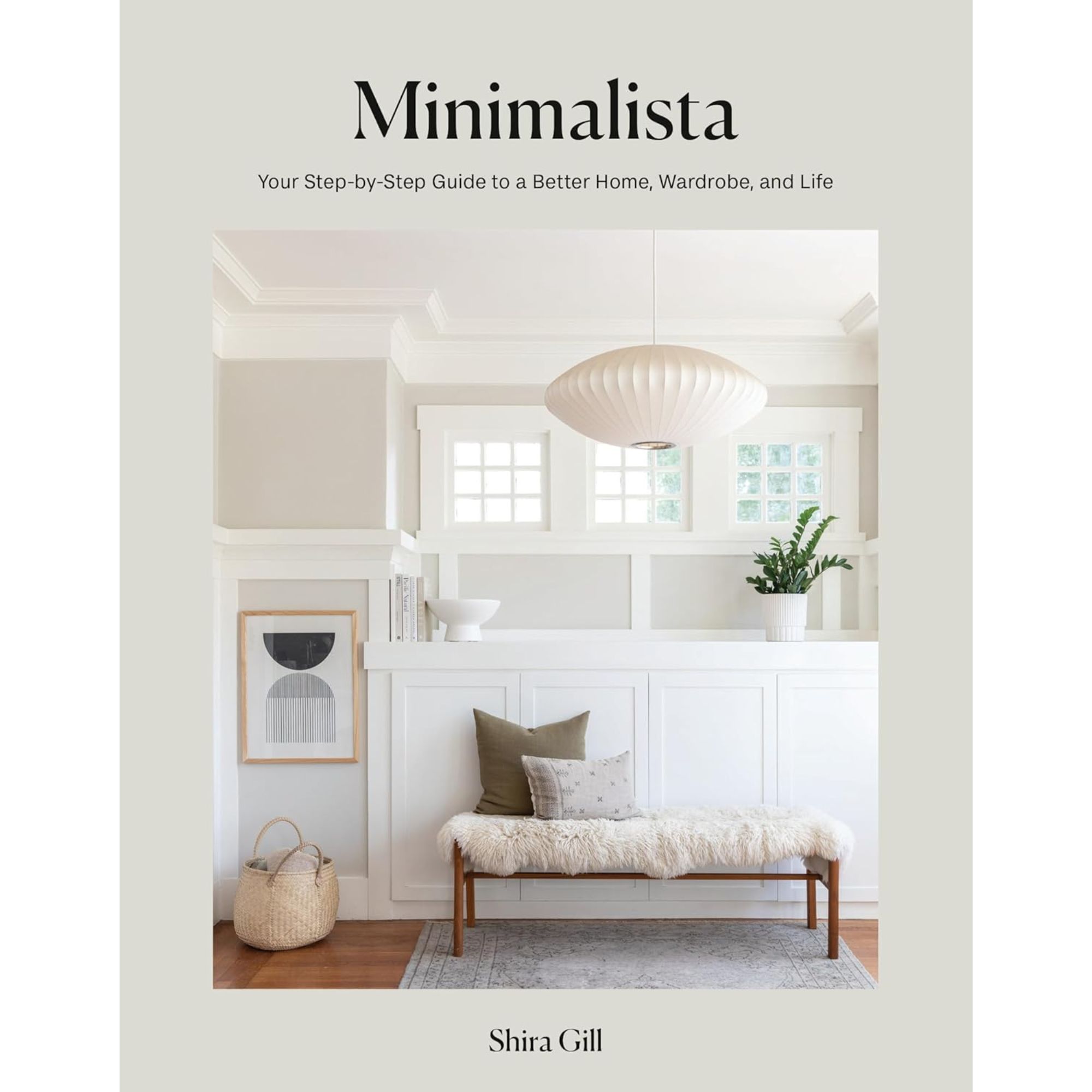
In this bestselling book, Shira Gill, who has clients ranging from students to multi-millionaires, shares how to edit your belongings and become the best version of yourself.
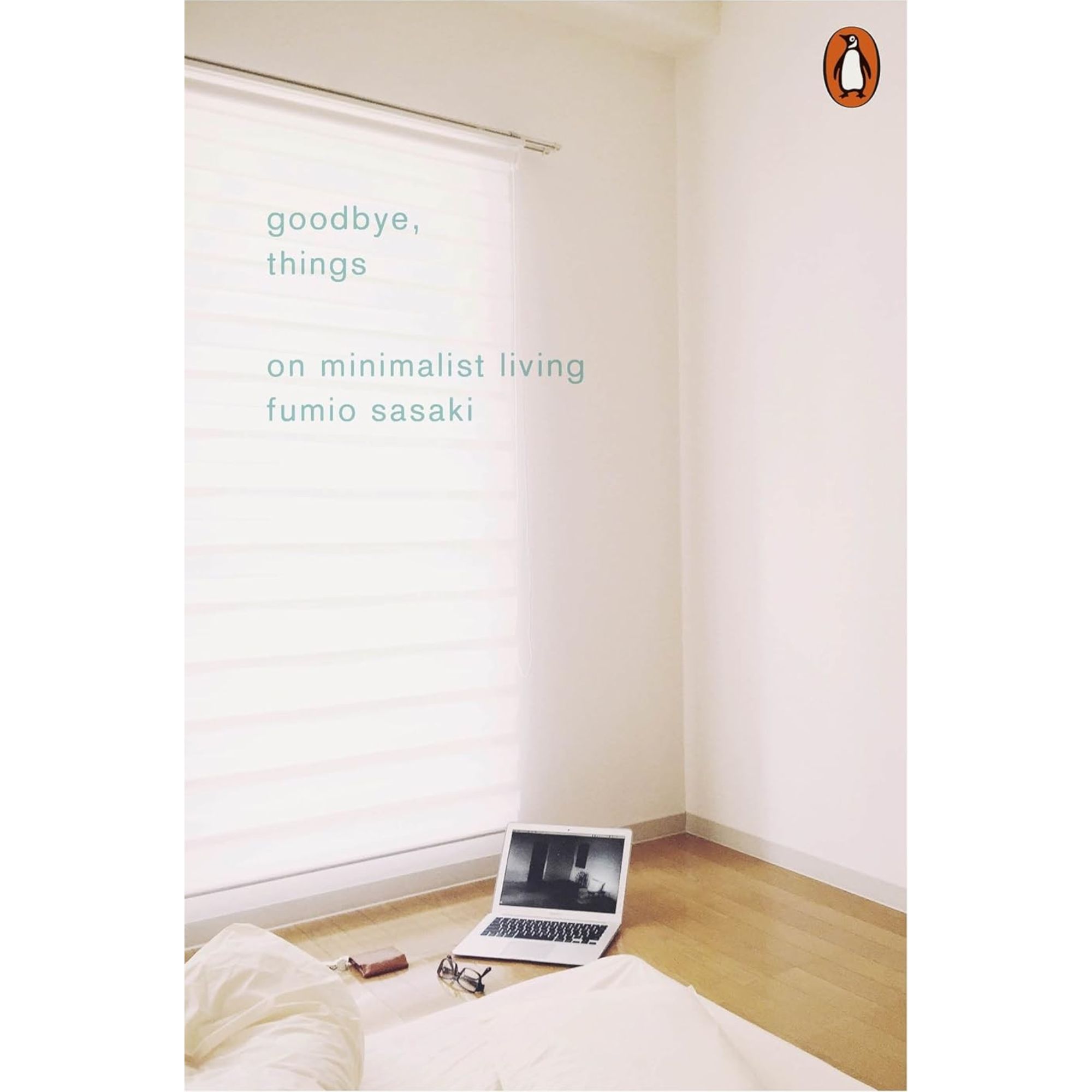
In this book, Fumio Sasaki shares his first-hand experience of embracing minimalism, with insight on how it can transform your space and enrich your life.
Meet our experts
'Minimalists, for obvious reasons, simply don't have a lot of "stuff,"' says professional organizer Ben. 'When you have a volume of items in your space, you have to find a place for it to live.'
For this, why not try one of the decluttering strategies minimalists swear by in your own home.







